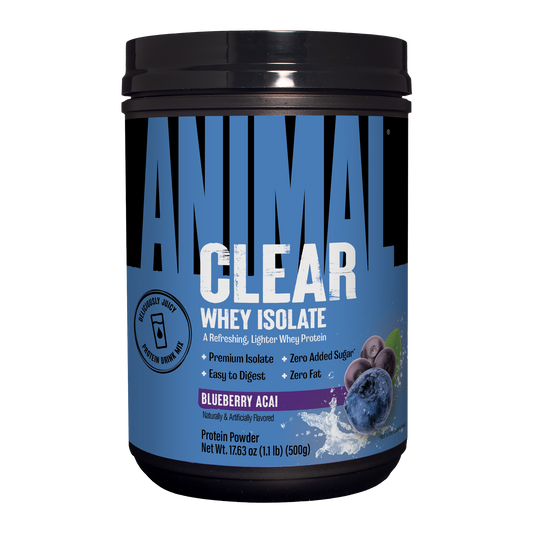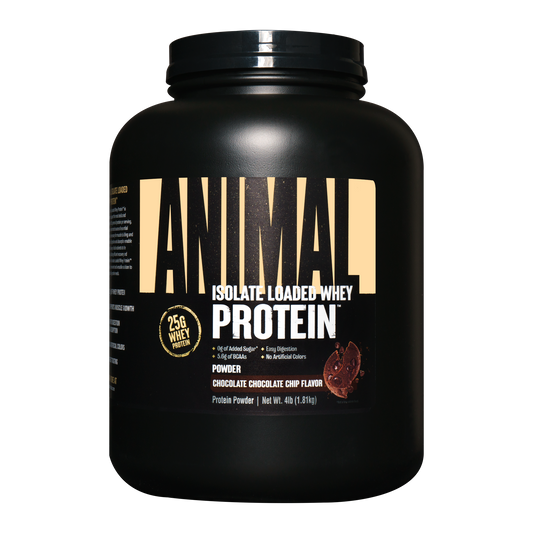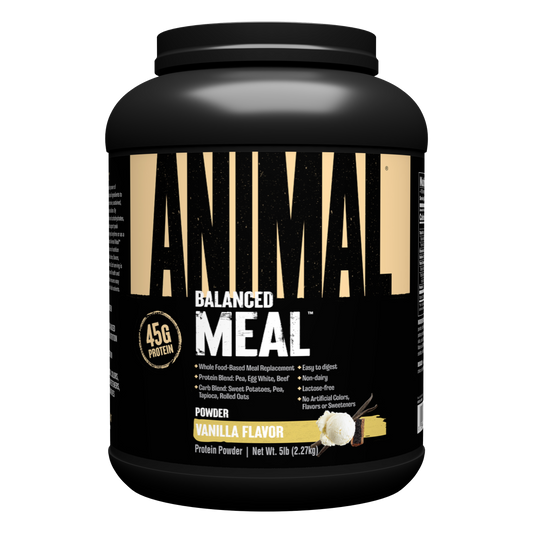Body Recomposition
The scale isn't the end all be all for how your body will re-compose itself. You may be gaining lean muscle as your body fat is lowering. It’s not uncommon to see the scale weight stay the same, especially in women. Since hormone balance plays a big role in water retention and holding on to stubborn body fat, the scale is not always an accurate measure of body fat gain/loss.Structuring a Diet Program
You don't necessarily “need” an abundant amount of carbohydrates for energy. Yes, carbs are burned for fuel and energy, but the overconsumption of carbs are stored as fat. We don’t want to store more fat on the body because our ultimate goal is to get lean and preserve muscle mass. So don’t overconsume carbohydrates.Healthy fat sources, such as egg yolks, tree nuts, coconut oil, and avocados, can also be used for fuel and energy. Healthy fats contain essential fatty acids which help your body to function properly. It is vital that you consume essential fatty acids for your health in general. Keep in mind the expression “you have to put the good fats in to get the bad fat out.”
Consuming a good amount of micronutrients in addition to healthy fats is extremely important in maintaining the health and longevity of your body, as well as seeing better results in the gym. Micronutrients are the vitamins and minerals that your body needs to help keep the body at homeostasis and running properly. I like to eat plenty of vegetables in my diet which provide great vitamins and minerals along with good fiber. Though fiber is a source of carbohydrates, it’s important you don’t forget to consume plenty of it. Fiber will help with regular bowel movements. Fiber is like a trash collector—it goes in and carries out the waste. Clearing out your digestive system is crucial to healthy living, so in addition to fiber and all the micronutrients, be sure to drink plenty of water to keep your body running at its best.
Calories In Versus Calories Out
The body doesn’t typically burn protein for energy. It would only do so in extreme cases. Muscle tissue is actually quite difficult to burn away, especially if you are consuming enough food. If you consume an adequate amount of protein (amino acids) and healthy fats, then burning muscle is near impossible. Your body would first want to burn all the stored energy (fat) from your body.So how many calories should you consume? You should start by estimating your Total Daily Energy Expenditure (TDEE). Knowing the number of calories you burn in an average day will let you know your maintenance calorie level. If you are very busy and work a physically demanding job, then your daily energy expenditure will be higher than someone who may sit at a desk and not move much all day. Once you find this out, you can lower the total amount of calories you consume in a day under the amount of your TDEE if you are trying to lose body fat. At the end of the day, it’s about calories in versus calories out.
Macronutrient Breakdown
What should your macronutrients be to get ripped and keep the most muscle mass? To get shredded and preserve the muscle I’ve worked so hard to obtain, I like to eat a high amount of protein, moderate amount of healthy fats, and a moderate to low amount of carbohydrates. I cannot give an exact number in grams of protein, fats, and carbs you should eat because we are all different.Here’s an example for a person who has 12% body fat and burns 2,800 calories a day on average. The total calorie intake per day could be 2,300, which will burn a total of 3,500 calories per week, equaling approximately 1 pound of body fat. This doesn’t necessarily mean you will lose 1 pound on the scale. Your body composition should start to shape up by increasing muscle mass and losing body fat, assuming you are weight training and your macronutrients come from ideal sources. So the ideal macronutrients would be roughly 300 grams protein, 66 grams fat, and 125 grams carbohydrates to equal closely to 2,300 calories. High protein, moderate fats, and a moderate amount of carbohydrates will give you the best body composition and also maintain optimal health.
Now, don’t exclude fats and carbs all the time. You need to consume enough to keep your metabolism up, energy levels up, and health in check. In some cases, the first couple of days you may think you are running low on energy, but after a few days of getting used to eating proper nutrition you will feel much healthier, your performance in the gym should improve, and your physique should start shaping up.
Keto Dieting
Most of you have heard of ketogenic diets, keto dieting, or ketosis. If you haven’t, it refers to a state where the ketones in your brain signals your body to burn fats instead of carbohydrates. Simply put, if you stop consuming carbohydrates, your body has to burn fat for energy. Once all the fat you consume is used by the body, you will feed off your own stored fat. The best thing about consuming more fats and excluding carbohydrates is that your brain will not signal that you need carbs for fuel, which means you will likely have fewer cravings for sugars and other carbohydrates.Fewer cravings can make dieting much easier for someone who is constantly thinking about what tasty foods they think they can’t have. On the other hand, once your body has been without carbohydrates for so long and you implement a cheat meal of higher carbohydrates (especially sugars), you will crave them for several days. It takes approximately 3 days before your sugar cravings finally go away.
Fasted cardio or post workout cardio is optimal for burning pure body fat. Your body is relying on the stored energy (fat from your body) to burn. In a fasted stated, you have not consumed any nutrition in at least 8-10 hours for your body to burn as fuel, so essentially you will be feeding off your own body fat.
If you keep the above principles in mind and are willing to do a little self-experimentation, you should be able to structure your own ideal diet. Advice from experts is always helpful, but your mileage will always vary. Finally, never lose sight of the importance of good nutrition for good health.

























